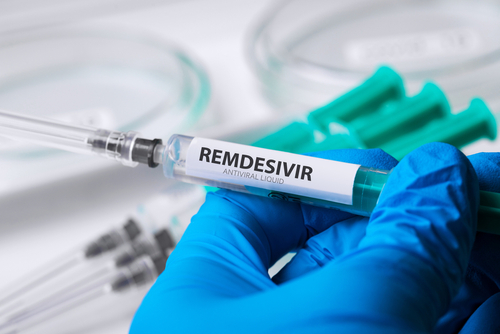
The U.S. Food and Drug Administration (FDA) last week expanded the emergency use authorization (EUA) for the drug Veklury (remdesivir) to allow its use on all hospitalized patients with suspected or lab-confirmed cases of COVID-19.
Its use was formerly restricted by severity, but those restrictions have now been lifted, and it can be used on both children and adults alike. The FDA made the change as a result of what it calls a belief that Veklury may be effective for the treatment of COVID-19 in all hospitalized patients, particularly since its known and potential benefits outweigh the known and potential risks.
“The FDA continues to make safe and potentially helpful treatments for COVID-19 available as quickly as possible in order to help patients,” FDA Commissioner Stephen Hahn said. “The data to support today’s action are encouraging. The data show that this treatment has the potential to help even more hospitalized patients who are suffering from the effects of this devastating virus.”
Possible side effects of Veklury include inflammation or damage to liver cells, low blood pressure, nausea, vomiting, sweating, and shivering. The drug is administered intravenously, and its optimal period of use in treatment remains unknown.
The EUA expansion was undertaken following analysis of data from two randomized, controlled clinical trials that included patients with mild or moderate cases of COVID-19. One trial focused on how long it took mild, moderate, and severe COVID-19 patients to recover within 29 days of being treated, while the other took adults hospitalized with moderate cases of COVID-19 and compared treatment of Veklury over five and 10 days against standard of care.
The former saw Veklury reduce COVID-19 recovery time to 10 days from 15, and with statistically higher odds of clinical improvement on day 15. The latter determined that odds of improvement were statistically higher in the five-day group and numerically better in the 10-day group. At 28 days out, though, mortality was less than or equal to 2 percent in all treatment groups.




